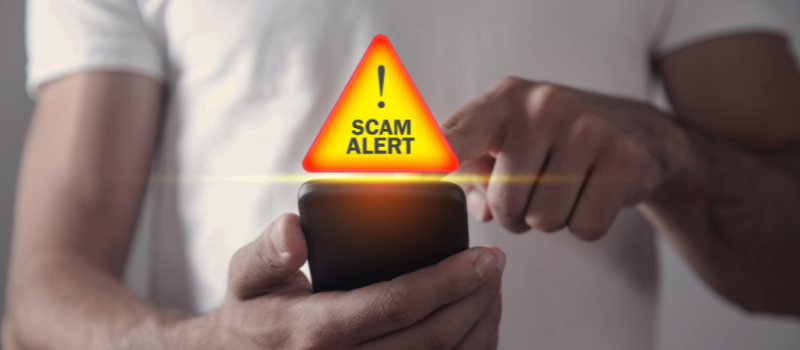[ads id='ads1'] Latest reports say that Scammers stole over $2 billion from Australians in 2021. More than 357 million scam calls were blocked by one renowned telecom company. These numbers show that Scams in Australia are causing trouble among companies and industries. At present, Scams in Australia such as Phishing, Family Impersonation Scams( "Hi Mum"), Investment Scam, Puppy Scams, Extortion Scam, Remote Access Scam, Money Mule scams,"Flubot" Scam, Lottery Scam, Advanced Fee Scam, Heritage Bank and Scams, and Emergency Response Themed Scam are growing like wildfire.
You can witness Scams in Australia, mostly done in a way where scammers pretend to be a trusted organisation like Services Australia, tricking you and making you give your details and money.
What Can Scammers Do?
A scammer can get into your computer, send you a code, call you, get access to your computer, text, and eventually take your money. If a scammer gets your information- [full name, date of birth, address, medicare card details, bank details and bank passwords, Centrelink Customer Reference Number (CRN), national identity documents, myGov sign-in details or linking codes], they immediately access your bank account and transfer money from it. Scammers also use your name to set up a phone plan and other contracts, get access to your email and social media accounts, and may ask for money from your family and friends circle by pretending to be you.
How To Identify a Scam in Australia?
Scamming messages or texts will ask you to book or remind you about an appointment, make payments, and ask to confirm details. In fact, an organization such as Service Australia, an official organization of the Australian Government that deals with payments, first sends you a letter and, later, gives the official call.
Any legitimate or official company would never ask for your password or (PIN), make a donation, send or transfer money for payment, buy gift cards or vouchers, click on links or open attachments in emails or text messages, and provide personal details on social media, and even ask to your computer or personal devices.
6 Helpful tips to get yourself safe from scams
- Never give your name, bank account details, copies of your passport, birth certificate, or any other personal details or documents to anyone.
- Do not open spam emails or letters and receive a person’s call pretending to be a representative of Government Departments, financial institutions, or other businesses.
- Double-check on the person who contacts you asking for personal information.
- Be suspicious of any person from a foreign asking you to forward large sums of money or telling you that you have won a prize.
- Report to the Police if someone blocks access to your computer or personal files
- Keep yourself aware of scammers to identify them at the initial stage itself.
What to do if you have witnessed Scams in Australia?
What if you realized that you had been scammed in the name of Payments in Australia via Services Australia? Did you just give your money or give away personal information? Well, if such a situation occurs, then you should keep a record of what happened. Further, you must call the Scams and Identity Theft Helpdesk.
Also, you can visit Beware of scams for further information.



Post a Comment
Post a Comment